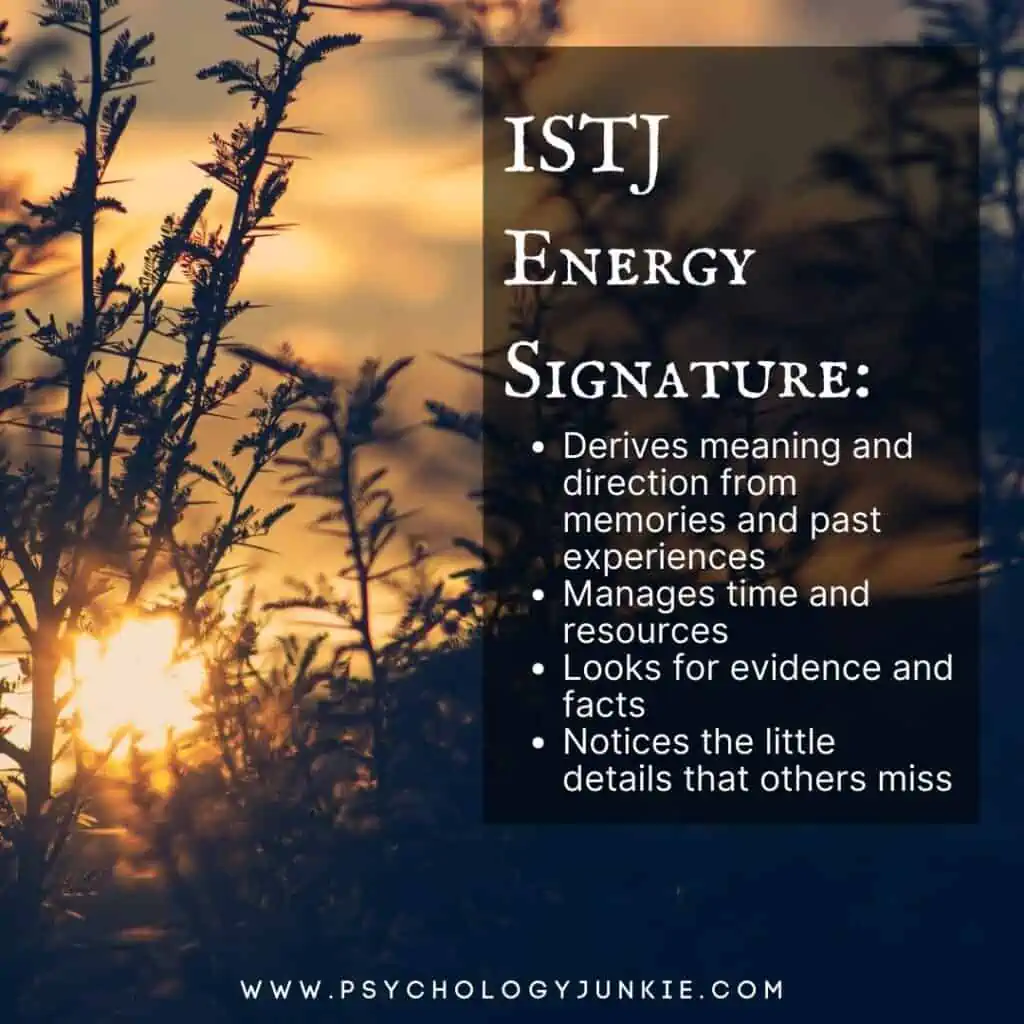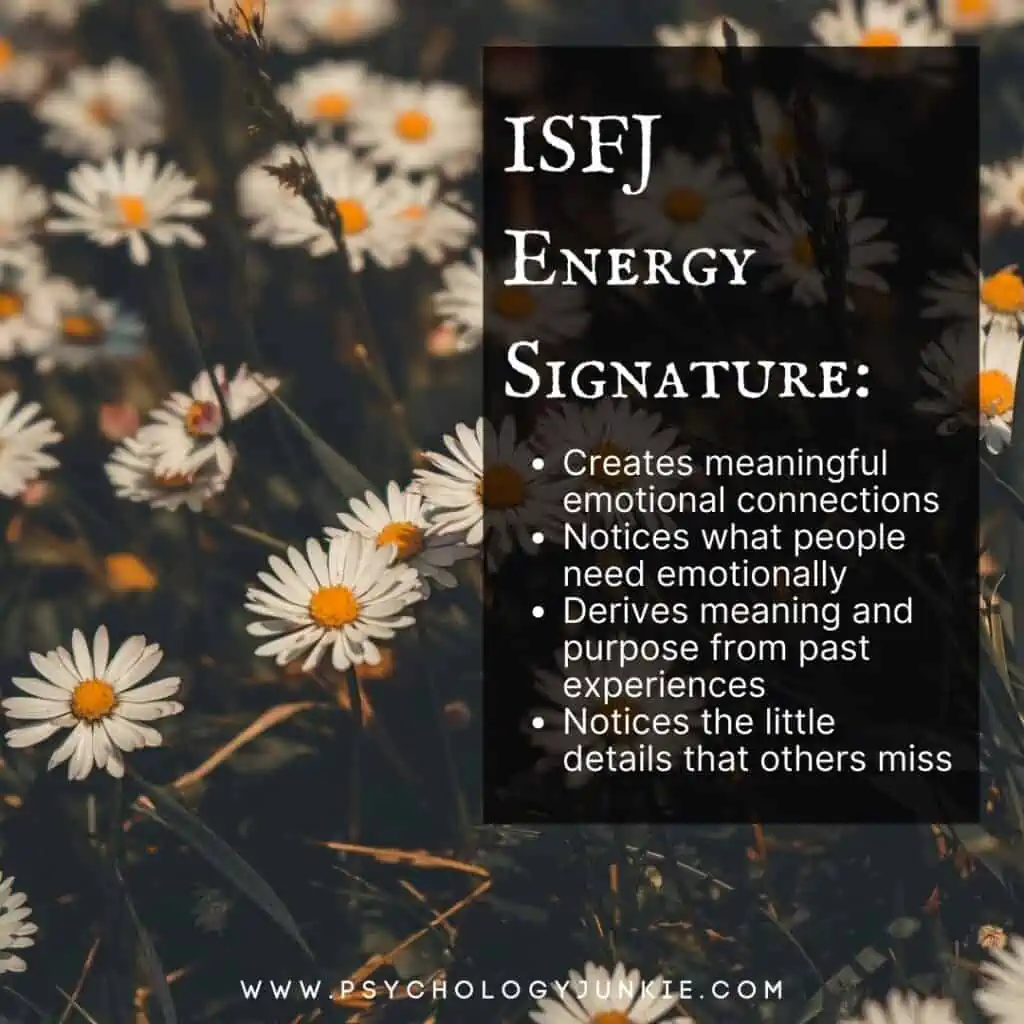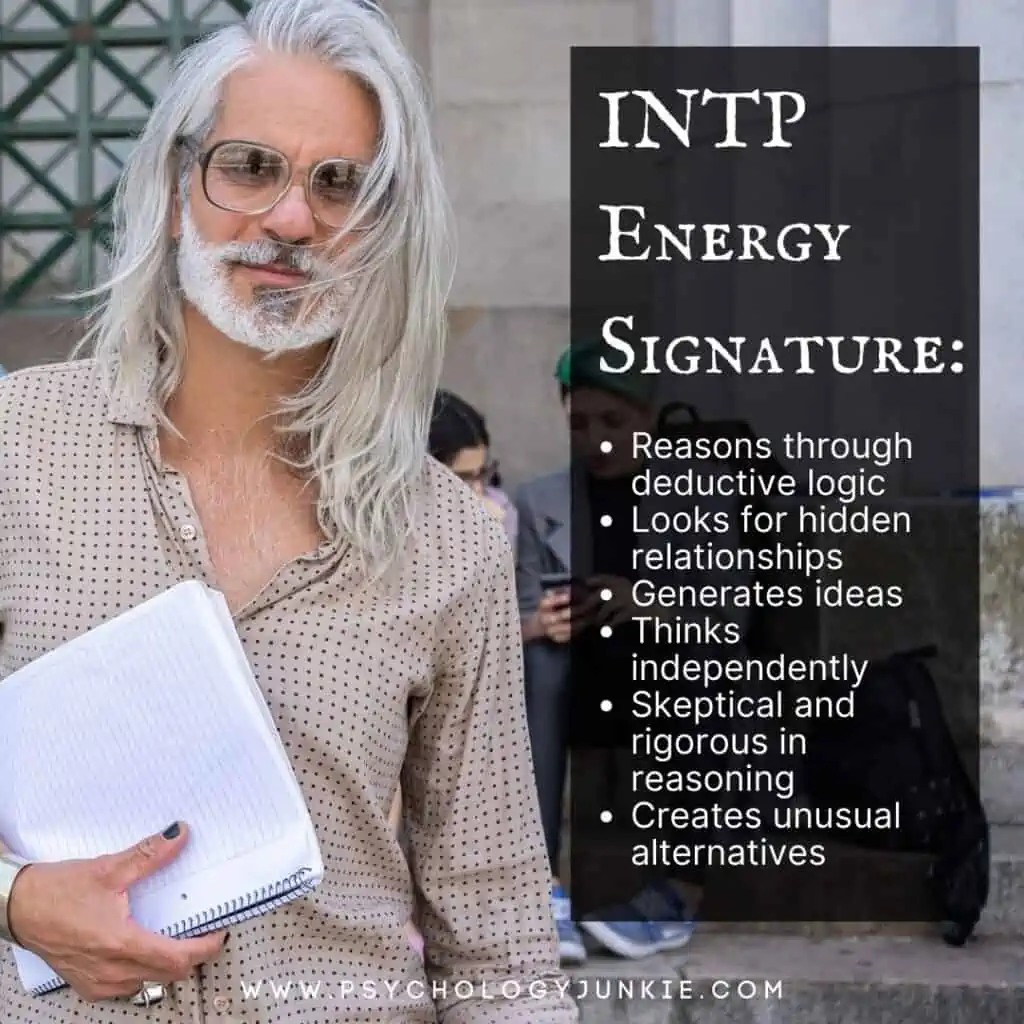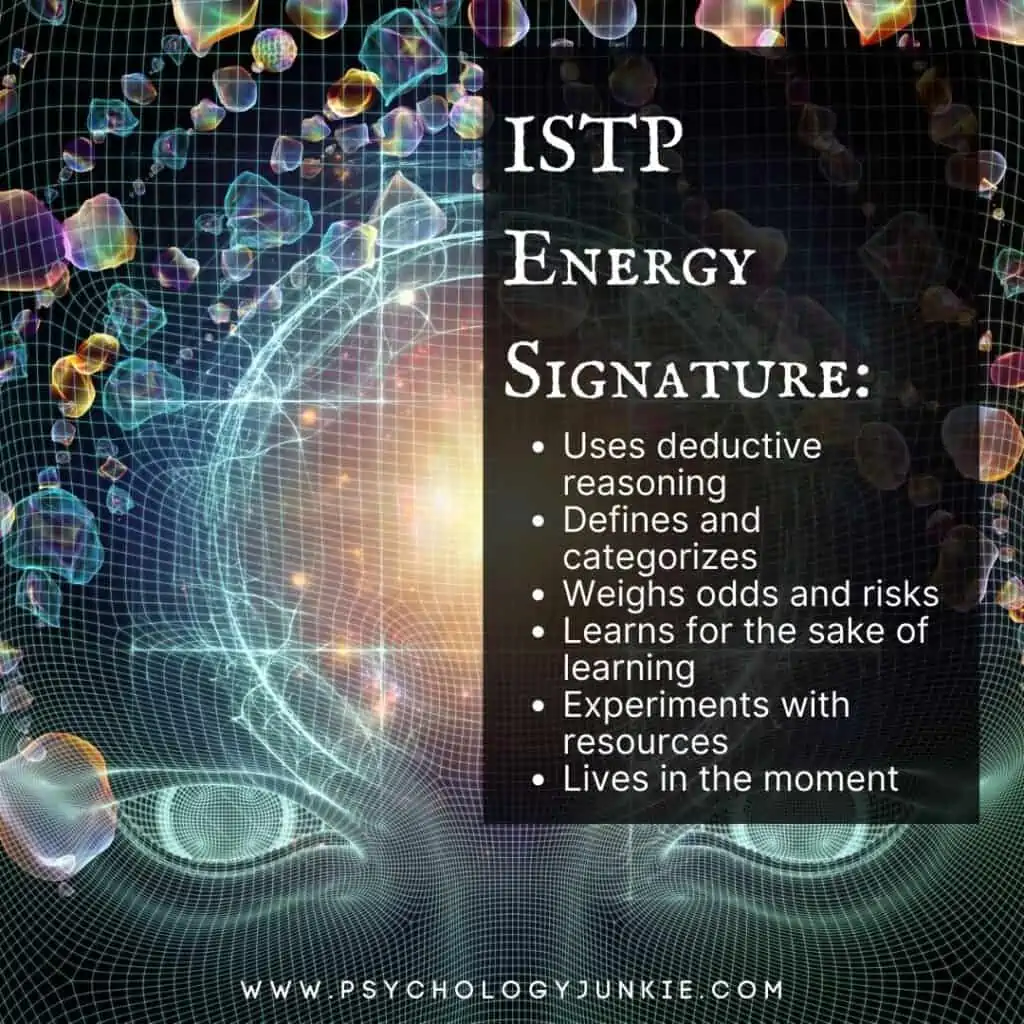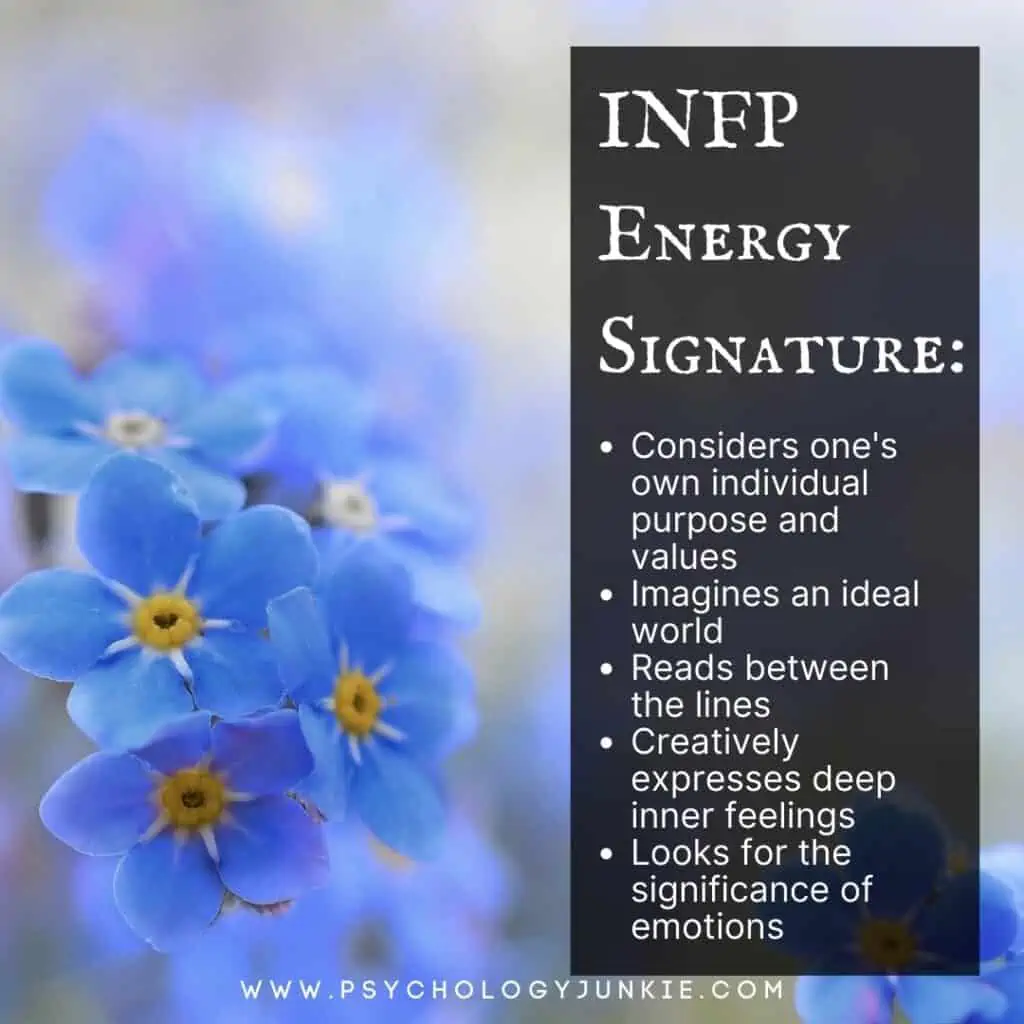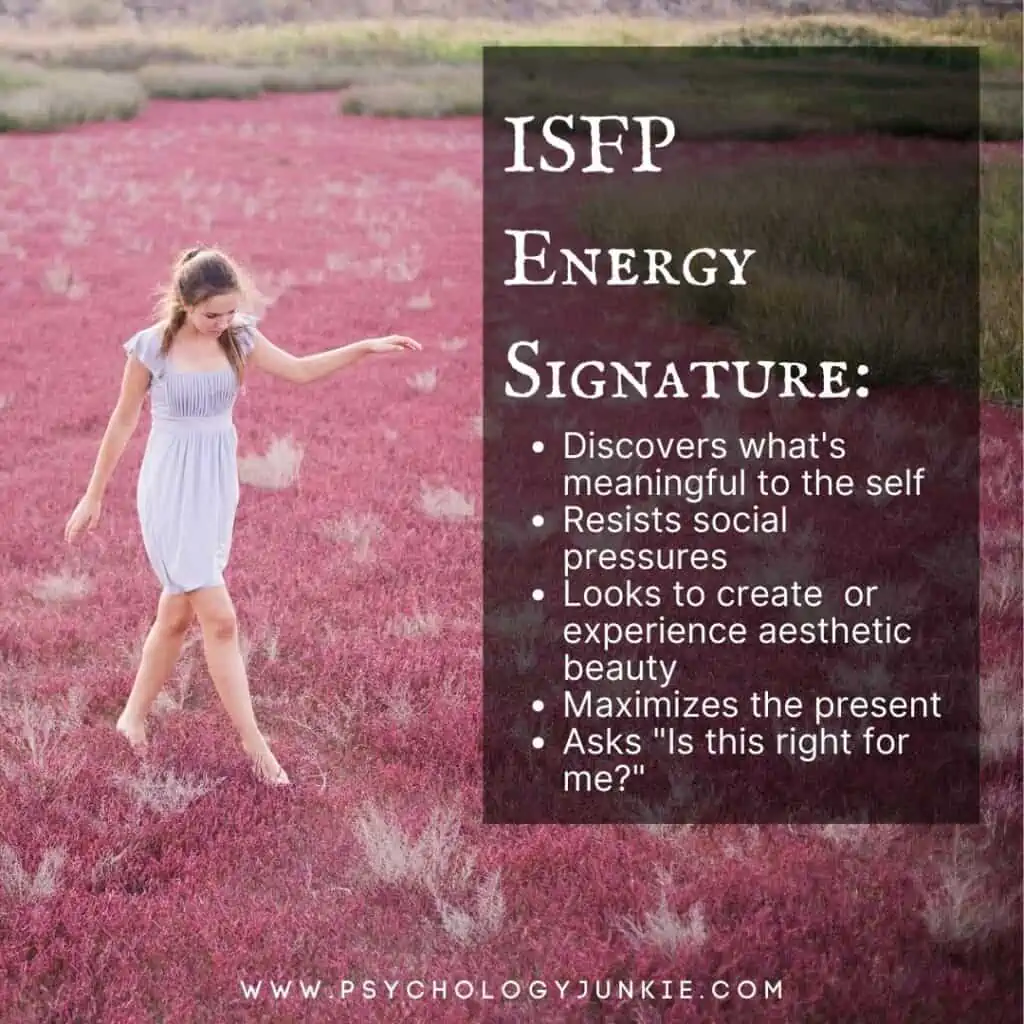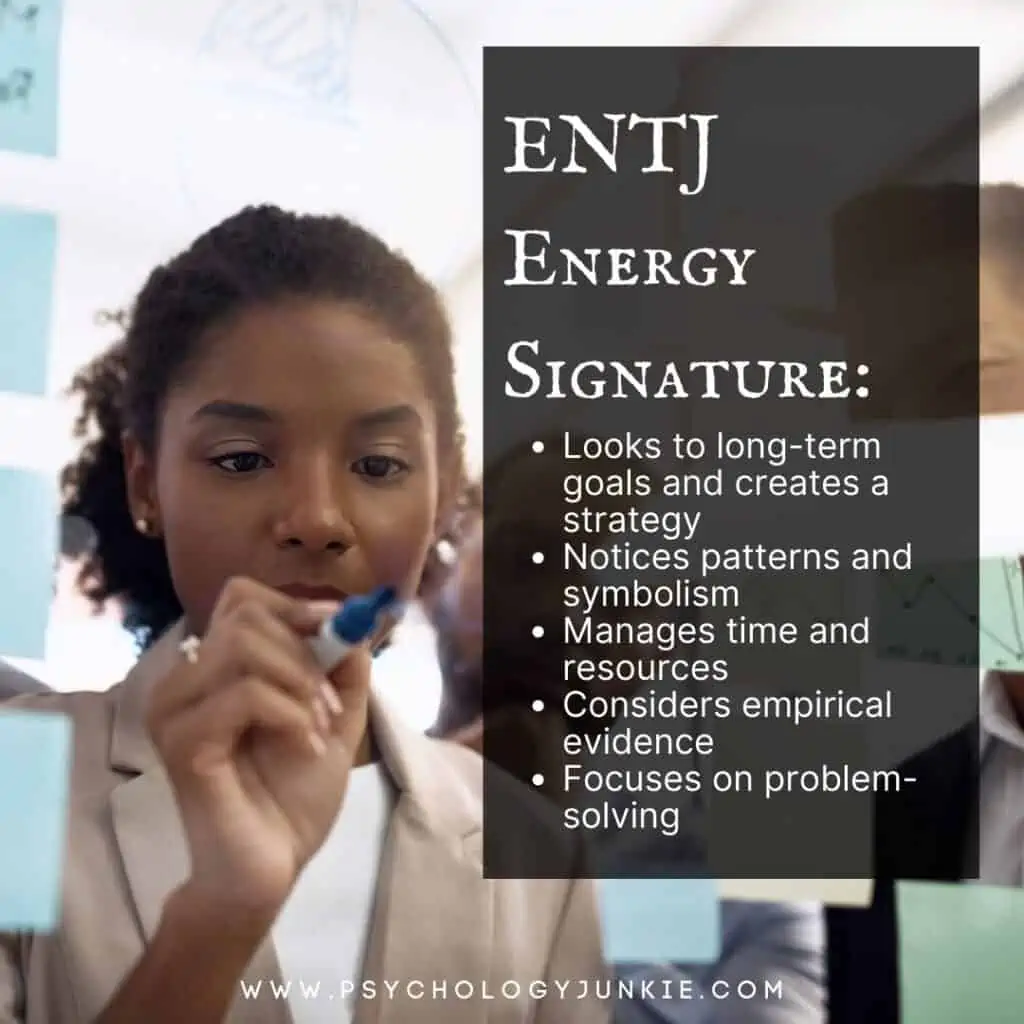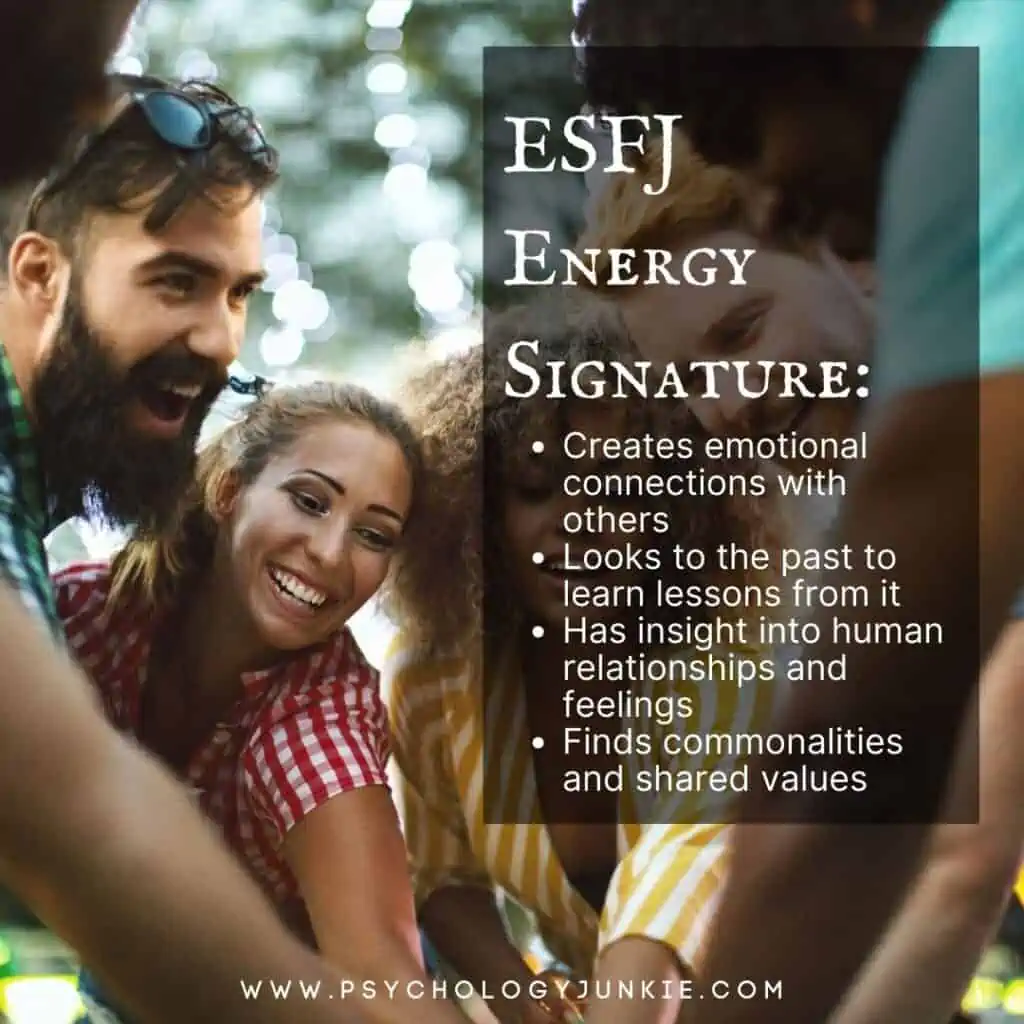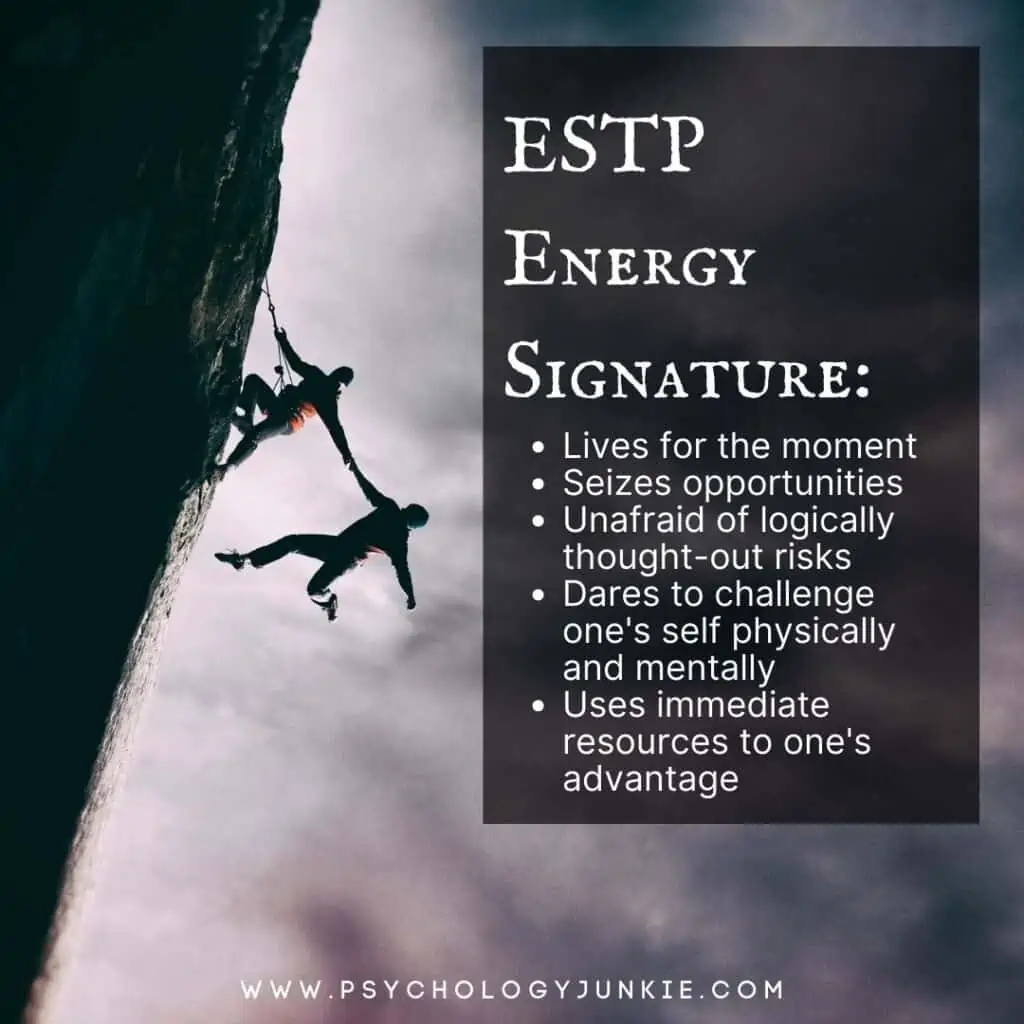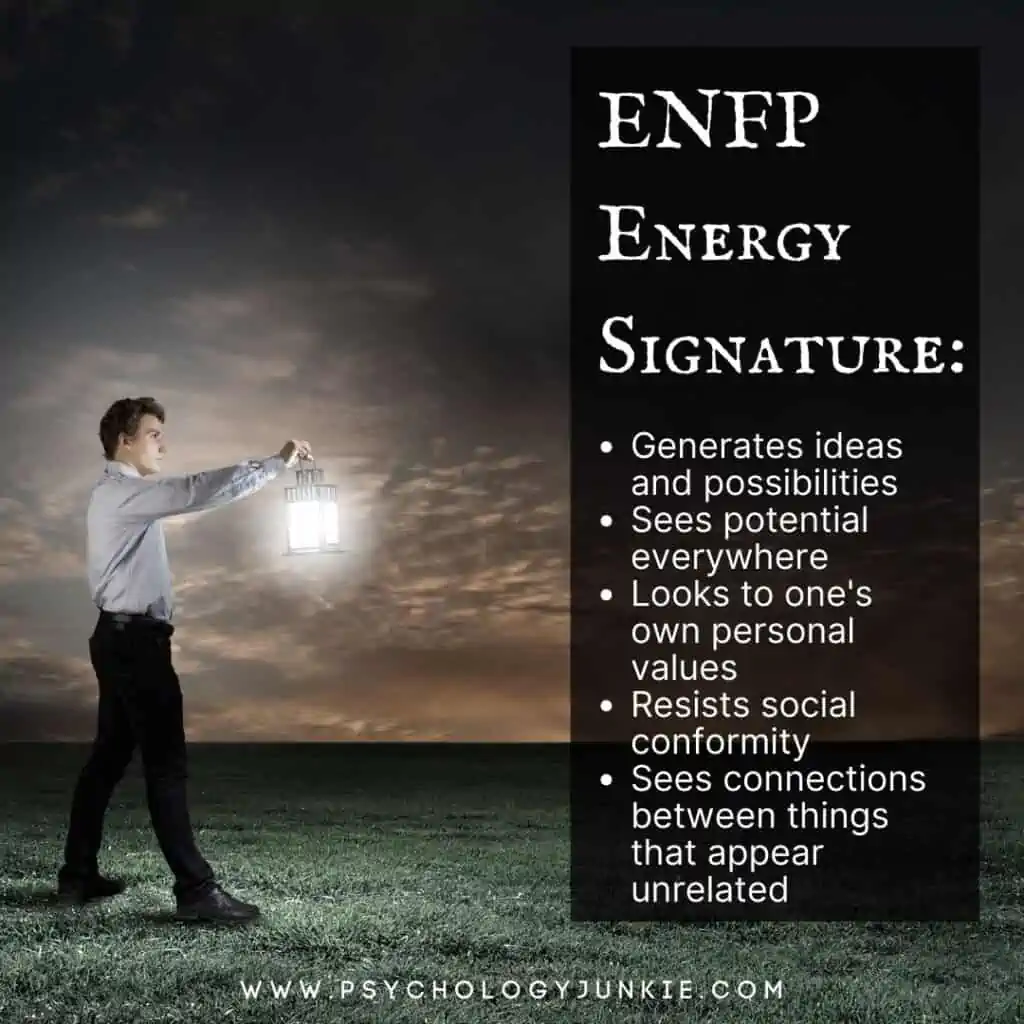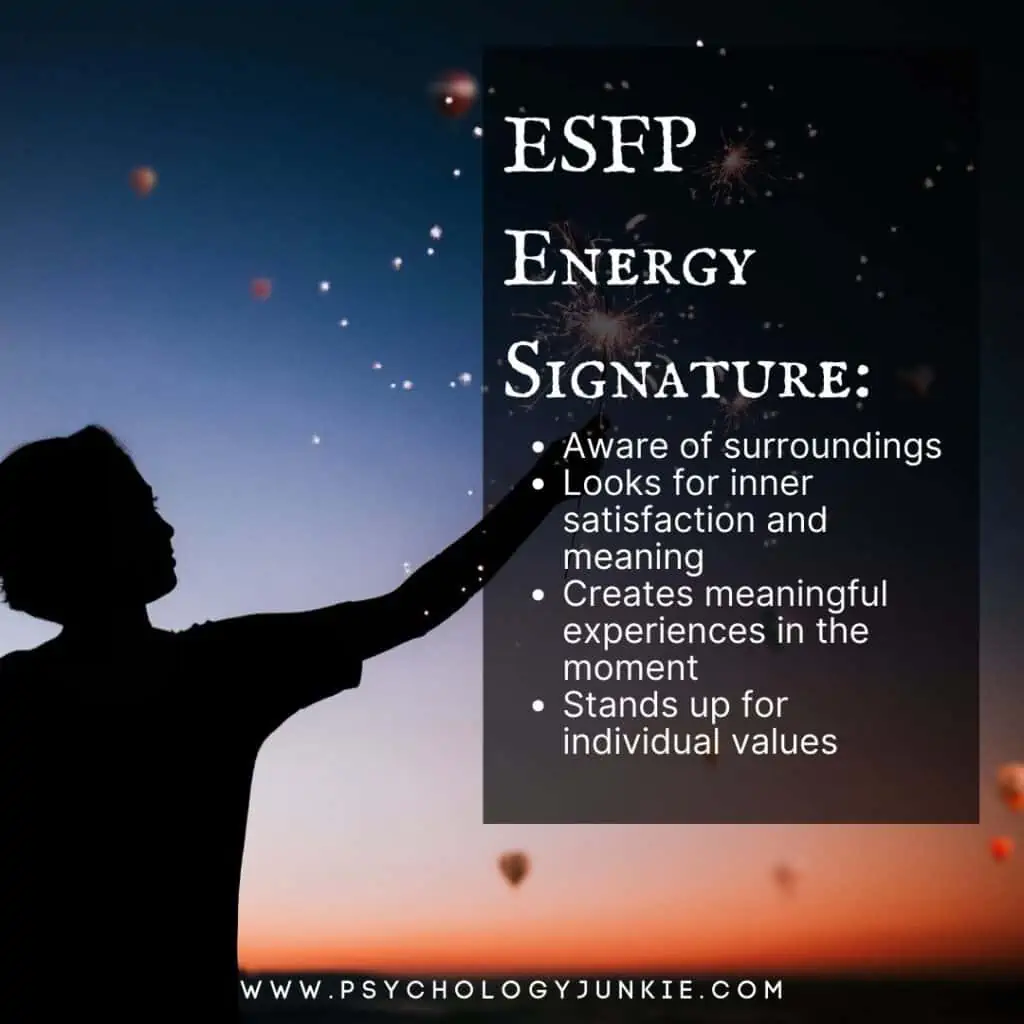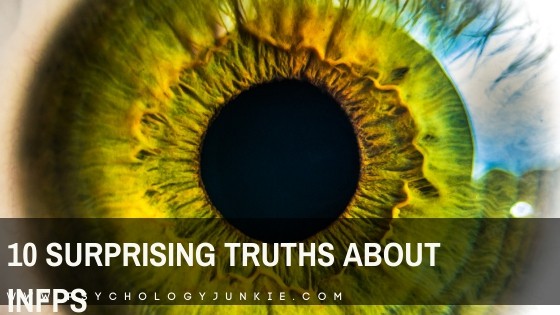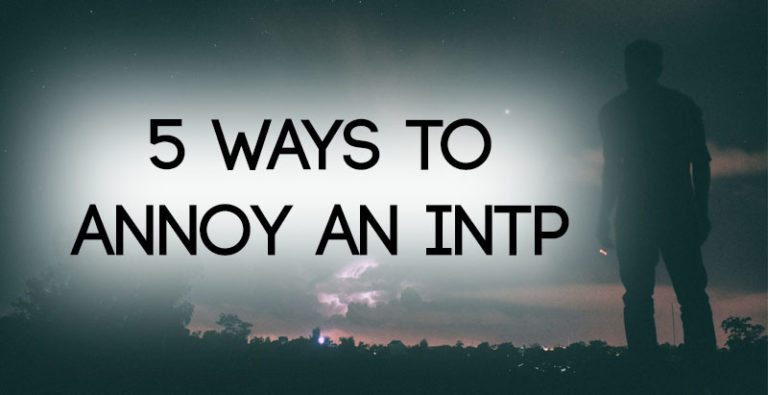The Unique Power of Every Myers-Briggs® Personality Type
Personality type and power. Are the two related? How do different personality types create or participate in power dynamics? It’s an interesting and important topic to explore.
Not sure what your personality type is? Take our personality questionnaire here. Or you can take the official Myers-Briggs Type Indicator (MBTI®) here.

Let’s Explore How the 16 Myers-Briggs® Personality Types Engage in Power Dynamics
The INTJ
INTJs get their power from knowledge and insight. As Intuitive Thinkers, they excel in analysis, innovation, and strategic planning. Trailblazing new paths and seeing new heights of progress is energizing to them. They attain influence in their professional and personal lives through their keen perception, pattern recognition, and strategic mindset. Moreover, INTJs possess an unwavering drive for autonomy and expertise. They do not want to be under anyone else’s thumb! This shows up in their careers, where they gravitate towards leadership roles or seek independence to avoid being managed by anyone else. In relationships, they value their autonomy greatly, as any restriction on it may leave them feeling stifled.
On the positive side of power, INTJs can be inspiring, motivating, and insightful. They can help people set the path towards their goals and stop destructive patterns that are getting in the way. Their independence gives them power and control over their own lives and an ability to withstand peer pressure. On the negative side, INTJs can be stubborn and unyielding, demanding that other people comply with their plans and adhere to their particular vision. Often perfectionists, they may also be quick to criticize and can come off as uncaring or unsympathetic.
Find out more about INTJs: 12 Stress-Busting Techniques for INTJs
The ISTJ
ISTJs get their sense of power from reliability and order. They can be counted on, and they are often given authority because people know they can trust them. People in leadership know that ISTJs will be sensible, straightforward, and dependable and so they give them all kinds of responsibilities they’d never dream of giving other types. In relationships, partners learn to lean on their dependability and stability. Ultimately, they achieve power at work or in relationships through their consistency, pragmatism, common sense, and reliability. ISTJs have a plan, will follow the plan, and make sure that they are prepared for anything. This gives them a sense of power and control.
On the positive side of power, ISTJs can be strong figures that provide stability and security in their teams or relationships. Their grounded sense of responsibility allows them to take on challenging tasks without flinching. On the negative side, they may become inflexible and overly controlling as a result of their need for order and their fear of change. They may also come across as stubborn or unwilling to see another perspective. For the ISTJ, consistent habits and routines are necessary for their peace of mind, to the point that they can become overly rigid and inflexible in how they conduct themselves.
Find out more about ISTJs: 10 Things You Should Never Say to an ISTJ
The INFJ
INFJs draw strength from their emotional intelligence and empathy. As Intuitive Feelers, they possess a unique ability to comprehend the emotions and motivations of others, a skill that often eludes individuals of other personality types. This exceptional attribute empowers INFJs to navigate challenging conversations and relationships with unparalleled insight and understanding. Many times they just know what another person is feeling without having to be told.
At work, INFJs often find themselves offering solutions and insights into complex issues or dealing with personnel struggles. They are skilled at foreseeing how things will play out and creating programs that get a best result – particularly for people. Often they get strong impressions about what’s going on under the surface and what patterns of behavior need to be changed. Many INFJs pursue fields in psychology or religion, where they can make a personal impact with individuals.
In relationships, INFJs use their empathy and understanding to create intimacy and guide people towards a higher calling. Ultimately, INFJs achieve power through their ability to connect with others on an emotional level and see inside others’ motivations, strengths, weaknesses, and needs.
On the positive side of power, INFJs are insightful and inspiring, with an ability to empathize and motivate. They can create meaningful connections and have a depth of emotional understanding that allows them to guide people towards their potential. On the negative side, INFJs may be stubborn and inflexible in their beliefs and opinions, seeing those that disagree with them as “bad.” At unhealthy levels, they may also become too emotionally attached to situations and people, developing co-dependent relationships or losing themselves in the process.
Find out more about INFJs: 24 Signs You’re an INFJ, the Mystic Personality Type
The ISFJ
ISFJs are both compassionate and pragmatic individuals go the extra mile to make sure their loved ones are supported. They possess a remarkable ability to empathize with others’ needs, nurture communities, and uphold traditions and customs. By naturally cultivating continuity and security for themselves and those around them, ISFJs find empowerment and reassurance in their reliability, predictability, and sense of community.
In the workplace, ISFJs often assume the role of mediators or coordinators, bridging gaps between parties and facilitating collective efforts. They are valued for their meticulous attention to detail, as well as their warm and empathetic nature. In personal relationships, they excel at nurturing their partners and fostering a comforting and secure environment. While their power may not be overt, the sense of security they cultivate grants them a subtle yet undeniable influence and authority in their relationships.
On the positive side of power, ISFJs can bring stability to teams or relationships, providing emotional support and practical guidance. They have a unique ability to understand what people need and manage details so that people’s needs are met in a timely way. On the negative side, they may become over-invested in relationships, leading to feelings of possessiveness or co-dependency. They may also become too rigid or focused on order, stability, or tradition that they are unable to see alternate solutions or perspectives or are afraid to try new things.
Find out more about ISFJs: 24 Signs That You’re an ISFJ, the Protector Personality Type
The INTP
INTPs believe that knowledge is power, and thus they will amass as much knowledge and information as possible to create a powerful foundation from which to make decisions. They are never content with the status quo and feel an innate need to explore new ideas, theories, and possibilities in pursuit of understanding and mastery. Their need for autonomy and independence leads them to reject anyone who tries to limit their intellectual freedom or control the way they think.
In the workplace, INTPs have a powerful ability to bring clarity and insight into difficult problems and decisions; they are often sought out for their innovative thinking and patience with technical issues. In relationships, INTPs use knowledge and understanding as a source of power, leveraging both to create meaningful conversations and shared knowledge. Ultimately, they achieve power through their ability to think independently, challenge the status quo, and bring new perspectives to the conversation.
On the positive side of power, INTPs are innovative thinkers who can bring new ideas and insights to the table. They have impressive problem-solving skills and an unwavering commitment to intellectual discovery. On the negative side, they may come across as too analytical or critical in their approach, and their need for independence can be a source of tension in relationships. Their partners may feel invisible at times as INTPs pursue their own independent discoveries. Or their partners may feel like “problems to be solved” more than individuals with feelings. INTPs can also be abstruse or difficult to understand, losing their message in jargon or overly-theoretical explanations that others fail to grasp.
Discover more about INTPs: A Look at the INTP Leader
The ISTP
ISTPs derive strength from their analytical and independent nature. They possess a keen interest in how things work and use logical reasoning to dissect intricate problems. As self-reliant “lone-wolf” individuals, ISTPs embrace radical honesty and shape their own life principles instead of seeking external guidance or approval. This mindset enables them to take bold risks that other personality types might not even contemplate, a remarkable skill that can be incredibly empowering in the right circumstances.
ISTPs bring a cool sense of competence and understanding to the workplace, and because of their competence (smart) bosses or supervisors often grant them the autonomy they want. They excel in troubleshooting, devising on-the-spot strategies, and swiftly adapting to new technologies and changes. In relationships, ISTPs are all about egalitarian independence and freedom. They are fiercely protective of their loved ones, but that protectiveness extends to protecting their partner’s freedom and not caging anyone in. They also bring understanding, practicality, and a spirit of adventure and discovery to their interpersonal connections.
On the positive side of power, ISTPs are often adventurous risk-takers who are able to think quickly and make decisions in uncertain environments. They bring an analytical mindset that can aid in problem-solving and creative troubleshooting. On the negative side, they may struggle with commitment and become bored easily, leading them to jump from project to project or relationship to relationship. They may also be so detached and blunt that their partners feel neglected or unintentionally insulted. Ultimately, ISTPs need to find balance between their analytical skills and their human connections if they are to maximize their power.
Explore more about ISTPs: 10 Things You Should Never Say to an ISTP
The INFP
INFPs possess a vivid imagination and an unwavering determination to champion causes close to their hearts. They refuse to be influenced or controlled by others, instead opting to pursue their own dreams, even if they appear unconventional to the majority. Their power emanates from within; fueled by their unwavering belief in their values, their creative pursuit of their own path, and their ability to nurture imagination and sensitivity.
In the workplace, INFPs are valued for their ability to converge divergent values into a common goal and work creatively to come up with new ideas, solutions, and possibilities. They bring a sense of wonder, imagination, and ethical sensitivity to teams that can help fuel innovation and more conscience-driven decisions. In relationships, INFPs use their creativity and intuition to create an environment of openness that’s difficult to find elsewhere. They can often sense others’ intentions, motivations, and deeper feelings, and they use this knowledge to create an emotionally safe space for them and their partner.
On the positive side of power, INFPs can bring an emotional depth and creative vision to their relationships that is often missing in other personality types. They have a unique capacity for empathy that allows them to connect with people on a deep level. On the negative side, they may struggle to put action behind their dreams, getting stuck in the imagination phase and neglecting to move forward. They may also become so invested in their own perspective and ideals that they vilify anyone who disagrees with them.
Discover more about INFPs: A Look at the INFP Leader
The ISFP
ISFPs are individuals with a flexible, gentle spirit and an innate creative flair which they use to bring beauty into the world. Though they appear soft-spoken and reserved, they also possess an inner spark that refuses to be caged. While gentle and empathetic, they are no pushovers. ISFPs follow their own rhythm, aim live in alignment with their distinct values, and passionately seek freedom and creative impact. This gives them a power that lies within, the power of living according to one’s own truth. It also gives them the power to say “no” to external rules that don’t align with their personal code.
In the workplace, ISFPs bring creativity and a quiet focus to their work. They are often at their best when they have complete freedom to pursue projects in unique ways and generate meaningful results without feeling confined by established structures or rules. In relationships, ISFPs bring a sense of creativity and adventure, constantly seeking ways to infuse life with excitement and purpose. They harness their emotional intelligence to forge deep, meaningful connections that foster security and authenticity between them and their partners. For ISFPs, it’s not simply about maintaining a friendly relationship; they yearn for an environment where sincerity can thrive, ensuring both partners feel safe to be their true selves.
On the positive side of power, ISFPs can be inspiring with a creative energy and willingness to live fully in accordance with their values. Their autonomy and creative spirit can be infectious, inspiring those around them to pursue their own truth or self-expression. On the negative side, they can become so absorbed in their own inner world that they come across as distant and unavailable to those around them. Or they may demonize people who don’t share their same ideas and values, rejecting those individuals without giving them a chance.
Explore more about the ISFP personality type: 24 Signs That You’re an ISFP, the Virtuoso Personality Type
The ENTJ
ENTJs are natural leaders who take charge of their environment and make things happen. They possess a strong sense of confidence, ambition, and decisiveness that can be both intimidating and empowering. Behind their confident exterior lies an analytical mind that is constantly scanning for problems to be solved strategies to overcome them. This combination of inner strength and skillful strategizing can be incredibly powerful.
In the workplace, ENTJs bring a strong sense of leadership and vision that can help teams stay organized and motivated in any situation. They are often able to manage resources and come up with workflows that maximize efficiency and output. In relationships, ENTJs use their trailblazing ambition and visionary mindset to push their partners to the next level. They can also bring a sense of structure and stability that helps them develop a secure foundation for both parties.
On the positive side of power, ENTJs are often able to make decisions quickly and effectively, inspiring confidence in those around them. Their strong organizational skills and leadership capabilities can be immensely useful in business or social situations. On the negative side, they can be too pushy and domineering, forcing decisions to quickly and having little patience for reflection. They can also neglect their own emotions and those of their partners, leading them to come across as cold and uncaring. Ultimately, ENTJs need to find a balance between their logical strengths and their emotional intelligence if they are make the most of their power.
Discover more about ENTJs: 10 Things You Should Never Say to an ENTJ
The ESTJ
ESTJs are natural organizers who bring a sense of authority to any situation. Pragmatic and matter-of-fact, they are excellent at taking charge and getting things done. They possess an analytical mind that can quickly assess a situation, determine the steps needed to achieve success or avert a problem, and then execute on those plans with confidence. This combination of problem-solving ability and organized execution gives them a powerful edge.
In the workplace, ESTJs are often invaluable team members who bring order and direction to any project. They are task oriented and able to devise solutions that help maximize efficiency and minimize wasted time or resources. In relationships, ESTJs bring stability and security to their partnerships by providing reliable support and a well-defined framework for the future. And while they may not always be the most emotionally expressive partners, their loyalty and can-do perspective make them a source of trust and stability for their partner.
On the positive side of power, ESTJs can be incredibly organized and motivating forces in any situation. They have an ability to quickly assess a problem, devise a solution, and then implement it with minimal disruption or delay. On the negative side, they can be overly controlling and impatient; micro-managing others and creating rigid rules that lack room for innovation or creativity. They may also become so invested in their plans that they neglect to listen or take into account the feelings of those around them. It’s important for ESTJs to remember that power comes not only from taking charge but from being able to create an environment where everyone feels heard and respected.
Find out more about ESTJs: 24 Signs That You’re an ESTJ, the Captain Personality Type
The ENFJ
ENFJs are driven to guide individuals towards their full potential. With their perceptive insight and warm, engaging demeanor, ENFJs create a safe space for others to freely express their deepest desires and dreams. Their true strength lies in their ability to instill confidence by empathizing and motivating people towards a higher calling. Cultivating deep connections and mentoring others on their journey towards their aspirations is what brings them a sense of meaning and purpose.
In the workplace, ENFJs are natural motivators who can bring a powerful sense of focus and unity to any team. Their ability to read people and anticipate their needs can be incredibly helpful in creating an environment where everyone feels supported and connected. In relationships, ENFJs provide emotional guidance and foster a sense of meaning between their partners, allowing them both to explore and express their feelings. As Intuitives, ENFJs love dreaming up new possibilities and ideas together, bringing their partners closer together through shared exploration. There’s a sense with ENFJs that a beautiful future awaits and that, together, the ENFJ and their partner can make that future a reality.
On the positive side of power, ENFJs can be incredibly inspiring and empowering figures in any situation. Their ability to nurture and inspire those around them can help individuals realize their true potential. On the negative side, unhealthy ENFJs can become overwhelming or intrusive, failing to honor boundaries and becoming overly invested in the lives of others. They can also become obsessed with their social causes, neglecting to take care of themselves and their own needs. Ultimately, ENFJs need to remember that power lies not only in being able to deeply connect with others but also in attending to their own well-being first.
Find out more about ENFJs: A Look Inside the ENFJ Mind
The ESFJ
People-oriented and gregarious, ESFJs have a gift for understanding the needs and feelings of those around them. They are able to quickly assess a situation, gauge people’s needs, and provide support accordingly. While some types struggle to grasp social values, ESFJs naturally understand them and can easily move in different communities while respecting the values of various groups. They have social finesse and usually know what’s acceptable or unacceptable to say or do. This combination of friendliness and social awareness makes them natural connectors, helping to bring people together in meaningful ways.
In the workplace, ESFJs are incredibly helpful team members who can easily read how their colleagues are feeling and provide support accordingly. Their ability to quickly assess a situation and look out for others is what makes them so invaluable; they know when someone needs help or encouragement and instinctively provide it without being asked. In relationships, ESFJs are nurturing and attentive partners who strive to make their partner feel supported and secure. They provide stability and a safe place for their partners to express themselves, creating a sense of warmth and rapport in the relationship. At home they pay attention to the details that create a sense of routine, stability, and tradition. These traditions give them a sense of safety and power.
On the positive side of power, ESFJs possess an amazing knack for understanding and caring for the needs of those around them. They can also create a sense of community wherever they go by connecting people in meaningful ways. This gives them social power and, often, status. On the negative side, unhealthy ESFJs can be meddling; they may become overly invested in the lives of those around them or give advice without being asked. They may become co-dependent or “police” others; trying to make sure everyone is behaving in the “proper” way. ESFJs need to remember that power lies not only in understanding the needs of others but also in knowing when to set boundaries and respect the autonomy of those around them.
Discover more about ESFJs: A Look at the ESFJ Leader
The ENTP
ENTPs are agile thinkers who thrive on intellectual discovery and brainstorming. They have a keen eye for spotting patterns, connections, and possibilities in any situation. They love to explore novel ideas, visit new places, and challenge conformist ways of thinking, often with an eye towards creating something better than before. This makes them incredibly creative problem-solvers who can bring a lot of energy and dynamism to any team or project. Their power stems from their ability to ideate, create, and innovate. In a situation that seems hopeless, ENTPs can almost always find a possibility that fixes things.
In the workplace, ENTPs are innovators and visionaries who can spot untapped potential in any situation. Their ability to see the big picture and create novel solutions is what makes them invaluable members of any team. In relationships, ENTPs are enthusiastic and passionate partners who love exploring ideas together. They love to enlighten others with valuable information, creating a sense of connection through shared discovery. They have an innate curiosity that motivates them to explore and learn new things, often leading to incredible experiences with their partner.
On the positive side of power, ENTPs can be incredibly inspiring figures who bring fresh perspectives and novel solutions to any situation. Their tenacity and creativity make them invaluable members of any team. On the negative side, unhealthy ENTPs can be conniving and manipulative, using their intelligence to exploit others or take advantage of a situation. They can also become overly focused on abstract ideas and forget the practical implications of their decisions.
Find out more about ENTPs: A Look at the ENTP Leader
The ESTP
ESTPs have an innate sense of when to step up and take charge, particularly in times of crisis. They possess a remarkable ability to swiftly execute and exert influence. Their focus lies in identifying available resources and promptly navigating obstacles to achieve desired outcomes. With a commanding yet approachable demeanor, they excel at solving problems and possess a remarkable capacity to adapt to ever-changing circumstances. While Judging types are skilled at coming up with a plan ahead of time, ESTPs work best in-the-moment, working with unexpected surprises and finding ingenious solutions.
In the workplace, ESTPs are take-charge problem solvers who focus on results and swift execution. They don’t like to be constrained, but want power to control their work and take initiative. They often assume positions of leadership or work independently. In relationships, ESTPs are intense partners who bring energy and spontaneity to life. Charming and funny, they enjoy making their partner’s laugh and showing them a fun, immersive experience. They have a knack for making the mundane exciting, often leading to incredible experiences together.
On the positive side of power, ESTPs are incredibly dynamic and influential figures who excel in fast-paced or unpredictable situations. They have an innate ability to quickly assess a situation and take command of it. On the negative side, unhealthy ESTPs can be reckless or overly-impulsive, impatiently taking shortcuts and risking disaster. They can also have a manipulative side, using their power to get what they want in an underhanded way.
Find out more about ESTPs: 24 Signs That You’re an ESTP, the Daredevil Personality Type
The ENFP
ENFPs are imaginative trailblazers who infuse any situation with enthusiasm and excitement. They possess a natural talent for inspiring others towards an ideal and uncovering new possibilities. They have an almost magical ability to connect with people, understanding their perspectives and igniting their personal growth. Their true strength lies in their unwavering energy to turn the seemingly impossible into reality. ENFPs aren’t afraid of hearing “it can’t be done”; their only fear lies in being unable to try due to restrictions and rules.
In the workplace, ENFPs are natural motivators and catalysts who strive to build an environment of growth and fulfillment. They can spot untapped potential in any situation, creating innovative solutions that bring meaning and purpose. In relationships, ENFPs are passionate partners who love exploring new ideas together. They often possess a deep understanding of their partner’s feelings and motivations, creating a sense of connection through meaningful conversations and shared adventurous pursuits.
On the positive side of power, ENFPs can be inspiring, enthusiastic, and creative. They are natural innovators who strive to create something better than before. They also believe in moving through life with a moral compass, making sure that their actions align with their personal values. Their power stems from their knowledge that no one can tie them down and the only limits lie in their own imagination. On the negative side, unhealthy ENFPs can be overly idealistic and unrealistic; they can overextend themselves in pursuit of an unachievable goal or cause. They may also become manipulative, using their charm and creative energy to get something from people in an underhanded way.
Discover more about ENFPs: Your ENFP Personality Type and Your Enneagram Type
The ESFP
Motivating and energetic, ESFPs are incredibly charismatic people who love to experience life in all its wonders. Their power lies in their ability to spot opportunities, find fun in the moment, and adapt to changes that might intimidate other types. They have an infectious energy that can lift up a gloomy atmosphere in no time. And their ability to get into action and make things happen often leads to remarkable outcomes.
In the workplace, ESFPs are creative problem-solvers who excel in unpredictable and rapidly changing situations. They have a gift for bringing people together, reading the room, and finding a result that everyone will feel good about. They believe that it’s worth the time and energy to get everyone involved and to motivate people to want to work towards a goal. And while they may not be the most regimented workers, they can work in unbelievable bursts of energy and inspiration and get a lot done in a short amount of time. In relationships, ESFPs are passionate and supportive partners who bring a sense of adventure and fun to any situation. They often surprise their partners with their offbeat humor, bold authenticity, and unexpected plans that lead to amazing experiences together.
On the positive side of power, ESFPs are incredibly influential figures who possess a remarkable ability to motivate others towards a common goal. They’re also ethical people who believe in authenticity and living according to their values. On the negative side, unhealthy ESFPs can be so impulsive that they border on reckless behavior. They may get so caught up in having fun and pursuing pleasures in the moment, that they forget the possible consequences of their actions.
Find out more about ESFPs: What It Means to be an ESFP Personality Type
What Are Your Thoughts?
Do you recognize yourself in one or a few of these descriptions? We’d love to hear your thoughts and experiences! How do you use your power dynamics to influence those around you? What strategies have you found successful in harnessing the power of your personality type? Let us know in the comments below!
Discover fascinating insights about your unique personality type in our collection of thought-provoking eBooks. Delve into a world of self-discovery as you explore the intricacies and nuances that make you who you are. Uncover hidden strengths, gain valuable self-awareness, and embark on a transformative journey of personal growth. Don’t miss out on this opportunity to unlock the secrets of your personality! Discovering You: Unlocking the Power of Personality Type, The INFJ – Understanding the Mystic, The INTJ – Understanding the Strategist, and The INFP – Understanding the Dreamer.
You can also connect with me via Facebook, Instagram, or Twitter!
Subscribe to Our Newsletter

Want to discover more about personality type? Get the inside scoop with Susan Storm on all things typological, along with special subscriber freebies, and discounts on new eBooks and courses! Join our newsletter today!



